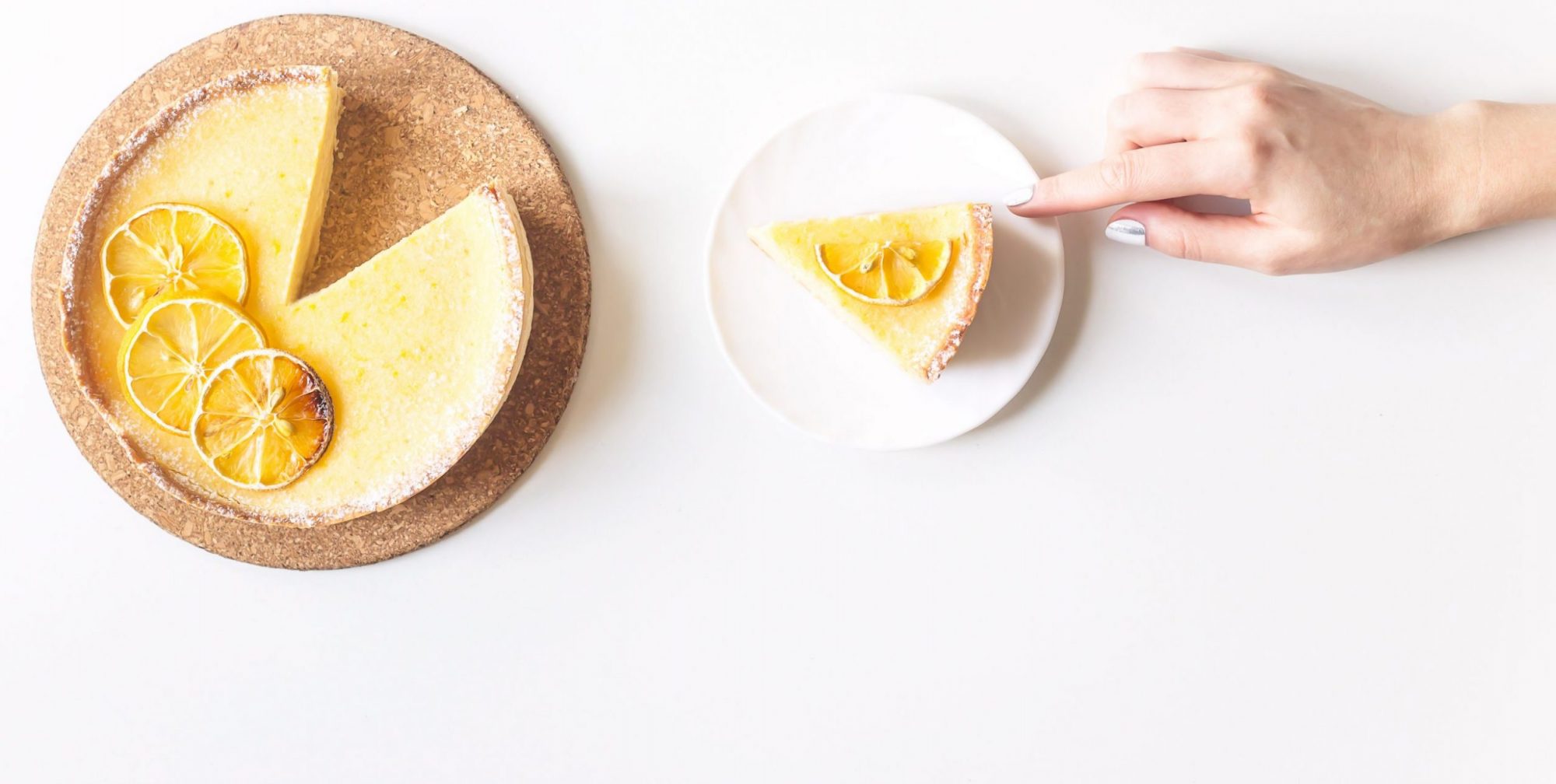Think about how you got into your current bad habits. How’d it happen? Without thinking about it, right? It’s not much effort to get into a bad habit. So, why can’t it be true the other way around?
It starts with making the decision, committing, and making very, very small promises with yourself. With each promise fulfilled, confidence grows.

From the beginning…
Let’s try starting with something easy. Do you drink a big glass of water every morning like everybody says? No? Start there. How? Set an alarm and daily calendar reminder. Follow it. Repeat.
Of course, not every habit takes the same amount of effort. Studies show doing something that requires minimal mental effort can take less than a month to establish, like the water example. However, certain habits that take physical and mental effort, like doing ab exercises every morning, take double the time or more. In general, 21 days is a bit of a myth. The average length is about 10 weeks, with the good news being that afterwards the effort isn’t necessary.
It also involves one very big important mental shift that is often overlooked: letting go of the past. Maybe there’s some doubt and fear or apprehension because well… has it ever really lasted in the past?
Real change takes consistent daily effort, which is why starting small is the caveat. Make it effort you can manage until it becomes a habit. After all, what is a habit, exactly? Something you do, repeatedly, without thinking.

The ‘without thinking’ part bears repeating. One day, that effort will no longer be necessary.
If you’re scrunching your nose and thinking, “This is all great, Jen. But I’ve tried. It lasts for a while, then it’s all back to hell in a handbasket when the stress hits the wall”.
Well, why do you think you go back?
Answer: Habit = Comfort. And when you’re stressed, what do you want? Comfort.
We are comforted by doing something we’ve always done. It’s easy, it’s the known, and if it’s sugar it’s also a temporary very addictive high dopamine hit.

That brings us to the very important second step
Changing your old habit so that the new habit = comfort, even what the stress is up the wall.
Your new habits will become your comfort go-to when feeling down.
It won’t be the junk, it’ll be whatever brings you peace and confidence because you started making a habit of doing what is best for you.
A good non-food or drug dopamine hit
Maybe it’s rolling out the yoga mat, and as soon as you hear the sound of it wave across the floor, your brain releases dopamine, knowing in advance that good feelings are on the way.
Perhaps it’s writing; knowing that the release is coming with the first feel of the smooth paper brushing your fingertips.
It could be a hot tea or coffee, cleaning, reading, walking, running, or really anything that isn’t food and puts your mind out of stress and into the reality of what it is you really want: comfort, that dopamine and feel-good chemical release.
There are so so many ways we can help ourselves. Find whatever works for you. Test them out. See which ones work. Remind yourself of why you want change. Write it, feel it, practise it.
Finally, some examples. Remember; they take time to develop and it’s a process that takes time and reminders. These are things to stop and distract you from going down the addiction spiral.
Healthy stress reaction habits
- Get outside. Fresh air and a change of scenery will reset your thought patterns
- Cook something healthy you love
- Make a comforting drink (ahem..non alcoholic..)
- Workout
- Breath! Sit, stand, pose, whatever. Inhale & Exhale with intention.
- Write a gratitude list every time the anxiety hits
- Journal. Get it all out
- Scream? (or something cathartic that doesn’t hurt others…)
- Call a friend – a big one.
- Clean? It does require focus and leaves you feeling accomplished.
One final quote that struck me and hopefully you as well.
“People do not decide their futures, they decide their habits and their habits decide their futures.”
― F. M. Alexander
